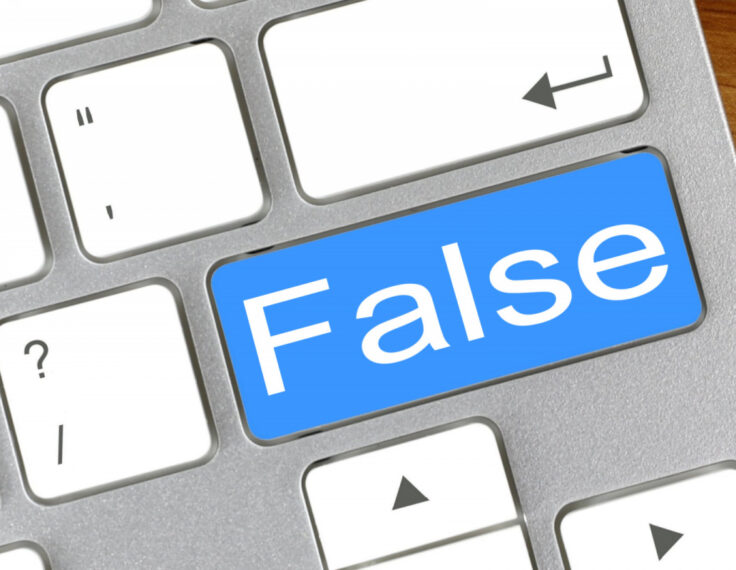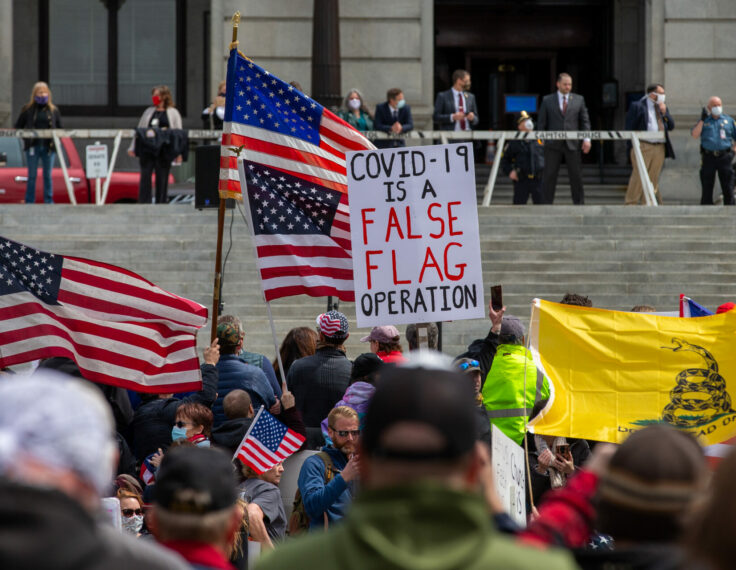Articles By
Casey Klofstad

Conspiracy Theories
Using an AI-powered “street epistemologist” chatbot and reflection tasks to diminish conspiracy theory beliefs
Marco Meyer, Adam Enders, Casey Klofstad, Justin Stoler and Joseph Uscinski
Social scientists, journalists, and policymakers are increasingly interested in methods to mitigate or reverse the public’s beliefs in conspiracy theories, particularly those associated with negative social consequences, including violence. We contribute to this field of research using an artificial intelligence (AI) intervention that prompts individuals to reflect on the uncertainties in their conspiracy theory beliefs.

Conspiracy Theories
The relationship between conspiracy theory beliefs and political violence
Adam Enders, Casey Klofstad and Joseph Uscinski
Recent instances of political violence have prompted concerns over the relationship between conspiracy theory beliefs and violence. Here, we examine the relationships between beliefs in various conspiracy theories and three operationalizations of violence—support for political violence, self-reported engagement in political violence, and engagement in non-political conflict.

Who knowingly shares false political information online?
Shane Littrell, Casey Klofstad, Amanda Diekman, John Funchion, Manohar Murthi, Kamal Premaratne, Michelle Seelig, Daniel Verdear, Stefan Wuchty and Joseph E. Uscinski
Some people share misinformation accidentally, but others do so knowingly. To fully understand the spread of misinformation online, it is important to analyze those who purposely share it. Using a 2022 U.S. survey, we found that 14 percent of respondents reported knowingly sharing misinformation, and that these respondents were more likely to also report support for political violence, a desire to run for office, and warm feelings toward extremists.

The different forms of COVID-19 misinformation and their consequences
Adam M. Enders, Joseph E. Uscinski, Casey Klofstad and Justin Stoler
As the COVID-19 pandemic progresses, an understanding of the structure and organization of beliefs in pandemic conspiracy theories and misinformation becomes increasingly critical for addressing the threat posed by these dubious ideas. In polling Americans about beliefs in 11 such ideas, we observed clear groupings of beliefs that correspond with different individual-level characteristics (e.g.,

COVID-19
Why do people believe COVID-19 conspiracy theories?
Joseph E. Uscinski, Adam M. Enders, Casey Klofstad, Michelle Seelig, John Funchion, Caleb Everett, Stefan Wuchty, Kamal Premaratne and Manohar Murthi
As conspiracy theories about COVID-19 take root in the United States, understanding the psychological foundations of conspiracy beliefs is increasingly critical. Our research shows that beliefs in two popular variants of COVID-19 conspiracy theory are the joint product of the psychological predispositions 1) to reject information coming from experts and other authority figures and 2) to view major events as the product of conspiracies, as well as partisan and ideological motivations.
